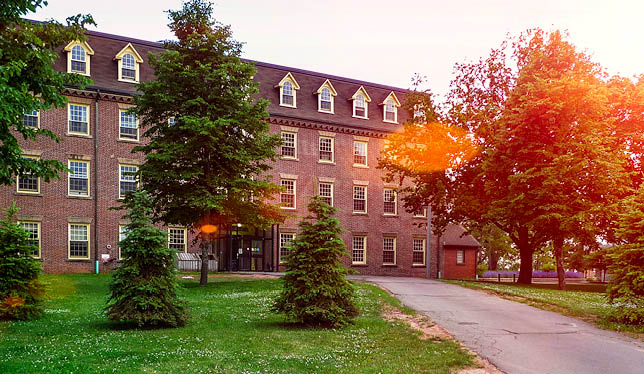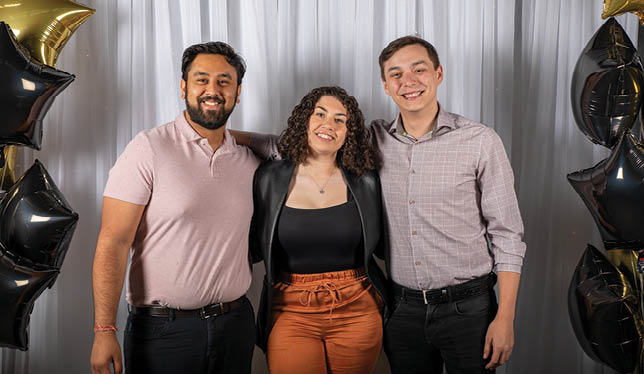TRU’s revamped veterinary technology program receives national accreditation
'We've all put a lot of heart and soul into [the program] so it’s really nice to see it succeeding,' says program chair.

Students graduating from Thompson Rivers University’s (TRU) veterinary technology diploma program can now say that they meet Canadian Veterinary Medical Association (CVMA) standards. The program received national accreditation in September, after making significant changes to the curriculum.
“We were accredited before, but there were still some gaps. Now, with the program revamp, we’ve made sure we’ve covered it all,” said Sonia Walczak, coordinator for the program.
Formerly known as the Animal Health Technology program, which was also accredited by the CVMA, the 40-year-old program has been reimagined to include more hands-on experience.
“Being able to meet [CVMA] standards, first on models and then on live animals, I think makes it so our students are exceedingly prepared to get into the workforce,” said Heather Shannon, program chair and associate teaching professor.
Accreditation of the program is essential because it allows students to qualify for the National Board Exam upon graduation and subsequently practice as a veterinary technician anywhere in Canada, the United States, and select European countries.
“[CVMA] have [also] helped us embrace the use of models in our program,” she added. “So we now have life size [models of] horses and cattle.”
The models can give birth, have x-rays and be intubated just like real animals, so students can make mistakes without consequence and are better prepared when they go to the real thing, Ms. Shannon, who is also a registered veterinary technologist, explained.
The program’s improved hands-on approach has led to requests from local veterinary clinics seeking first and second-year student placements. More students have been able to find summertime work in veterinary clinics as well.
“I think a big part of that is because we are accredited. They know that we meet Canadian Veterinary Medical standards so they are open to having our students come out into the community,” said Ms. Shannon.
The program remodel has ensured students can transition between on-site and open learning to meet their needs by making the class content the same for both models. The new curriculum also emphasizes mental well-being, boundary-setting in the workplace and job satisfaction.
“We’ve all put a lot of heart and soul into [the program] so it’s really nice to see it succeeding,” said Ms. Shannon.
Featured Jobs
- Electrical Engineering - Assistant Professor (Electromagnetic/Photonic Devices and Systems)Toronto Metropolitan University
- Economics - Associate/Full Professor of TeachingThe University of British Columbia
- Electrical and Computer Engineering - Assistant/Associate ProfessorWestern University
- Indigenous Studies - Assistant Professor, 1-year termFirst Nations University of Canada














Post a comment
University Affairs moderates all comments according to the following guidelines. If approved, comments generally appear within one business day. We may republish particularly insightful remarks in our print edition or elsewhere.